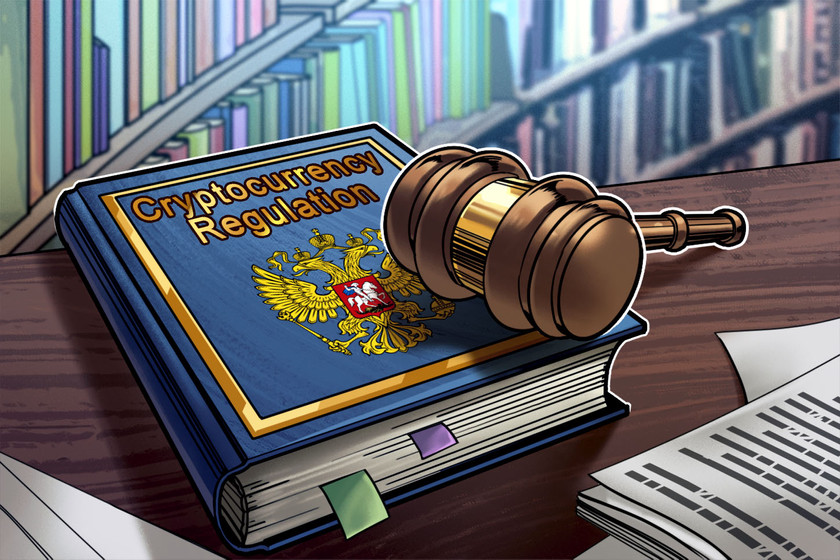
The document bears several conceptual contradictions, trying to qualify security tokens as a monetary surrogate.
A bill that had been introduced a week ago to the State Duma, the lower chamber of Russian Parliament, made a swift passing through first reading. Should it become a law, it would prohibit using “digital financial actives” (DFA) to pay for goods or services.
As reported by local media on Tuesday, the bill, sponsored by the head of the Financial Markets Committee of the State Duma Anatoly Aksakov, passed with a reservation. Albeit the document suggests an obligation for DFA exchange managers to withhold any deals implicating the usage of tokens as a monetary surrogate, the prohibition could be ceased in cases “prescribed by federal laws.”
Earlier legal professionals have criticized the bill for tightening the regulation of digital rights and tokenized assets. One of the main conceptual problems is that the bill treats the DFAs, i.e., tokens, not cryptocurrencies, as a payment method, while they are generally being used as security tokens. Another lacuna is the term “monetary surrogate” — while the bill intends to prohibit to use DFAs as a monetary surrogate, there is no clear definition of the latter in Russian laws.
Related: Utility tokens vs. equity tokens: Key differences explained
The bill also introduces the concept of an “electronic platform,” which is loosely defined as a financial platform, investment platform or information system in which digital financial assets are issued. Electronic platforms would be recognized as the subjects of the national payments system and obliged to submit to the central bank’s registry. Every major operation with DFAs — their emission, circulation, exchange and trade — would get its own registry.
The existing law on Digital Financial Actives came into force in 2021. In May 2022, the tax amendments on DFAs passed the first reading in the State Duma. In a separate development, two other important bills are continuing their journey through the legislative process — a bill “On Digital Currency” would define the regulatory framework for crypto in general, while a bill “On Mining in the Russian Federation” should set the guidelines for miners.














